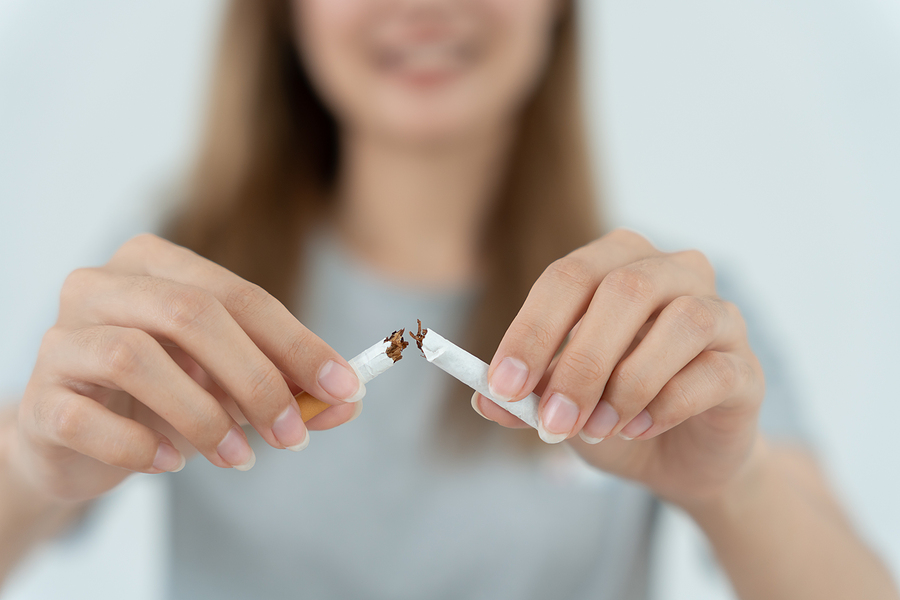
Whether you're a smoker or someone who is looking to support a loved one in their journey toward quitting, this article will provide valuable insights and resources. We'll explore the detrimental effects of tobacco on your teeth, gums, and overall oral well-being. But fear not! We'll also share effective strategies for kicking the habit for good.
Tobacco use, whether it's through smoking cigarettes, cigars, or chewing tobacco, can have a devastating impact on your oral health. Let's take a closer look at the specific effects that tobacco has on your teeth and gums. Smoking can stain your teeth and give them an unsightly yellowish hue. This is due to the tar and nicotine present in tobacco products that easily adhere to tooth enamel. No amount of brushing or whitening treatments can fully remove these stubborn stains.
Additionally, smoking weakens the immune system in your mouth, making it harder for your body to fight off infections and heal wounds. As a result, smokers are more susceptible to gum diseases such as gingivitis and periodontitis. These conditions not only cause bad breath but also lead to receding gums, tooth loss, and even bone damage. Furthermore, tobacco use reduces blood flow to the gums, which hinders their ability to receive necessary nutrients for optimal oral health. This lack of proper blood circulation can contribute to delayed healing after dental procedures like extractions or implants. Lastly, smoking increases the risk of developing oral cancer - a serious condition with potentially life-threatening consequences. The harmful chemicals found in tobacco products damage cells in the mouth over time and may eventually lead to cancerous growth.
Quitting smoking is a challenging but worthwhile journey that can greatly improve your overall health and well-being. If you're ready to kick the habit, here are some tips on how to quit smoking for good.
Remember that quitting smoking is different for everyone – what works for one person may not work for another. Don't be afraid to try different strategies until you find what works best for you!
To find out more about the dental services offered at Summit Family Dental Care, call (541) 779-2634 or schedule an online consultation. You can also visit us at 1420 E. McAndrews Rd, Medford, OR 97504.
MON - FRI 8:00 am - 5:00 pm
SAT - SUN Closed
0 comments